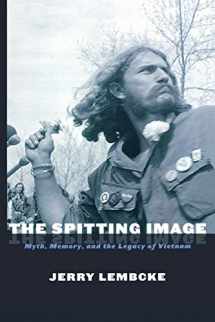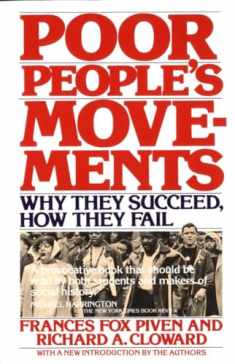
The Spitting Image: Myth, Memory, and the Legacy of Vietnam
Book details
Summary
Description
One of the most resilient images of the Vietnam era is that of the anti-war protester — often a woman — spitting on the uniformed veteran just off the plane. The lingering potency of this icon was evident during the Gulf War, when war supporters invoked it to discredit their opposition.
In this startling book, Jerry Lembcke demonstrates that not a single incident of this sort has been convincingly documented. Rather, the anti-war Left saw in veterans a natural ally, and the relationship between anti-war forces and most veterans was defined by mutual support. Indeed one soldier wrote angrily to Vice President Spiro Agnew that the only Americans who seemed concerned about the soldier's welfare were the anti-war activists.
While the veterans were sometimes made to feel uncomfortable about their service, this sense of unease was, Lembcke argues, more often rooted in the political practices of the Right. Tracing a range of conflicts in the twentieth century, the book illustrates how regimes engaged in unpopular conflicts often vilify their domestic opponents for "stabbing the boys in the back."
Concluding with an account of the powerful role played by Hollywood in cementing the myth of the betrayed veteran through such films as Coming Home, Taxi Driver, and Rambo, Jerry Lembcke's book stands as one of the most important, original, and controversial works of cultural history in recent years.


We would LOVE it if you could help us and other readers by reviewing the book
Book review





